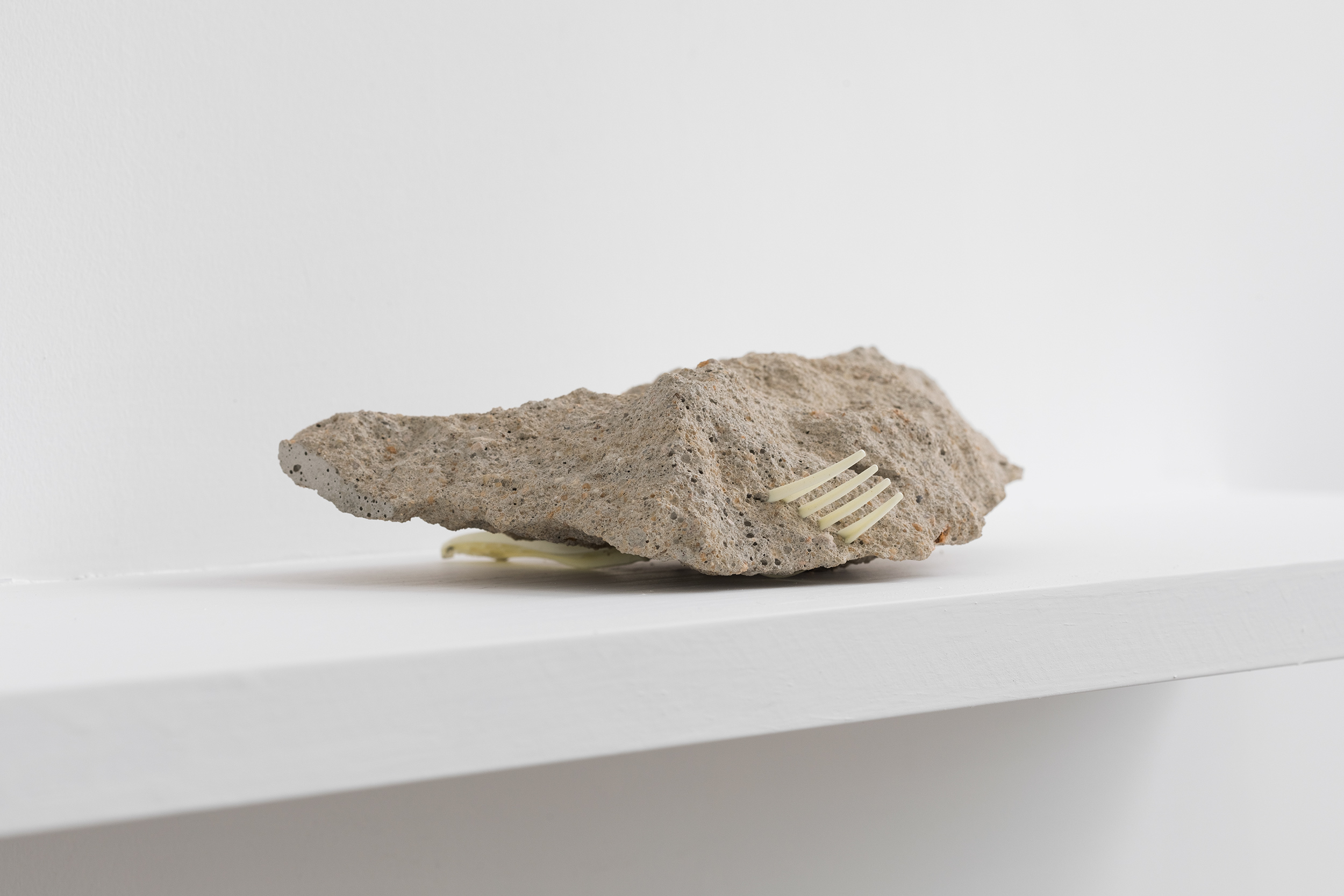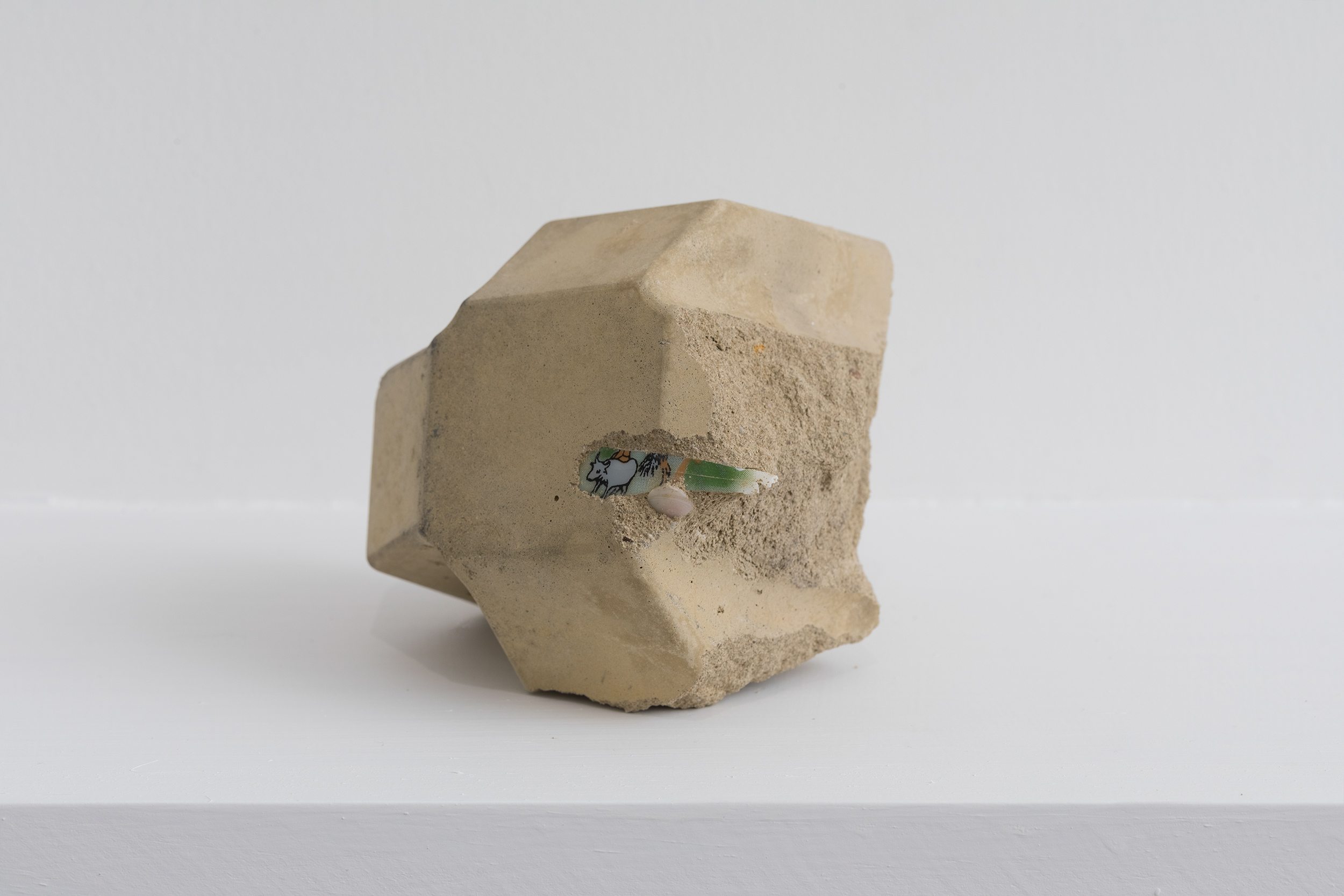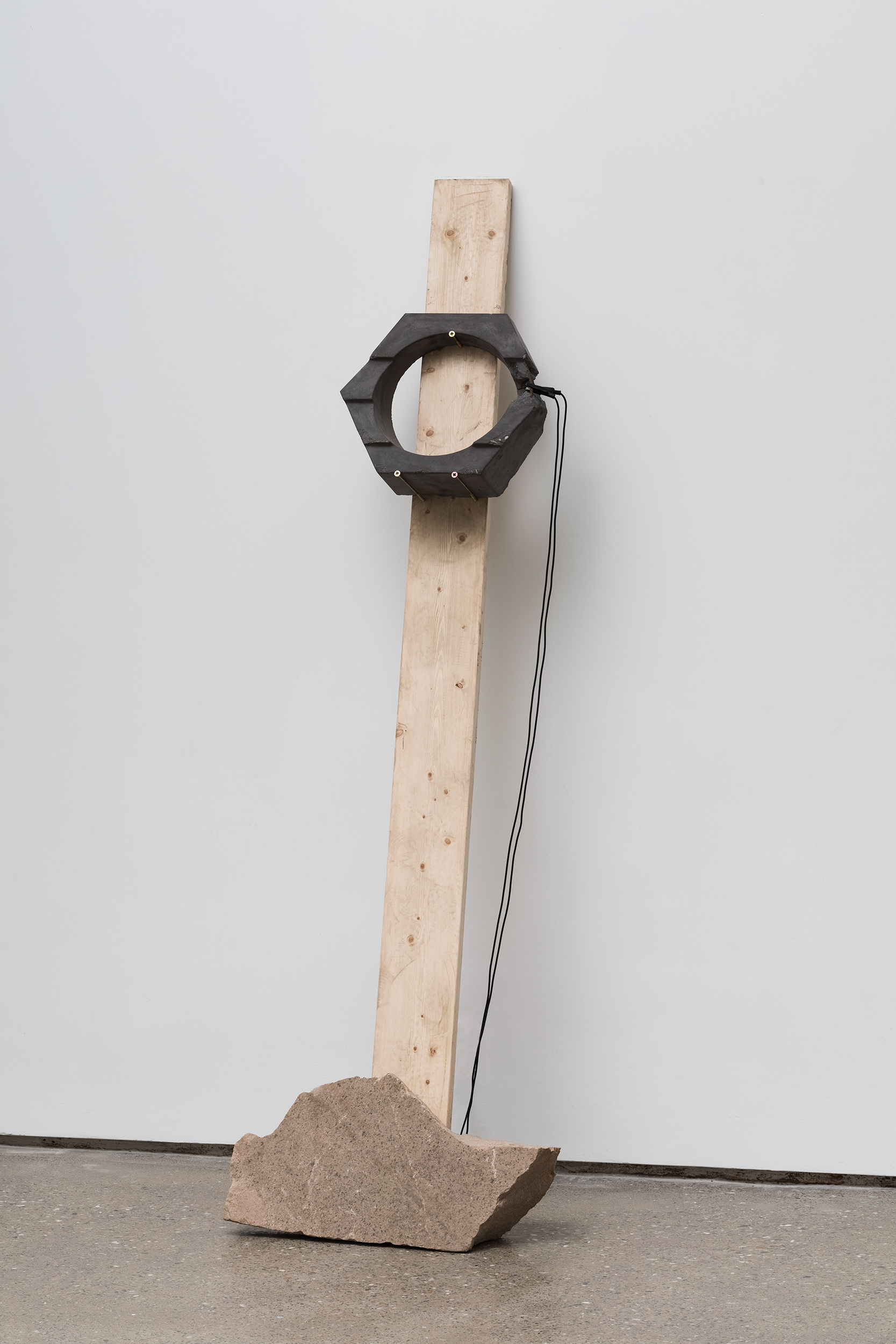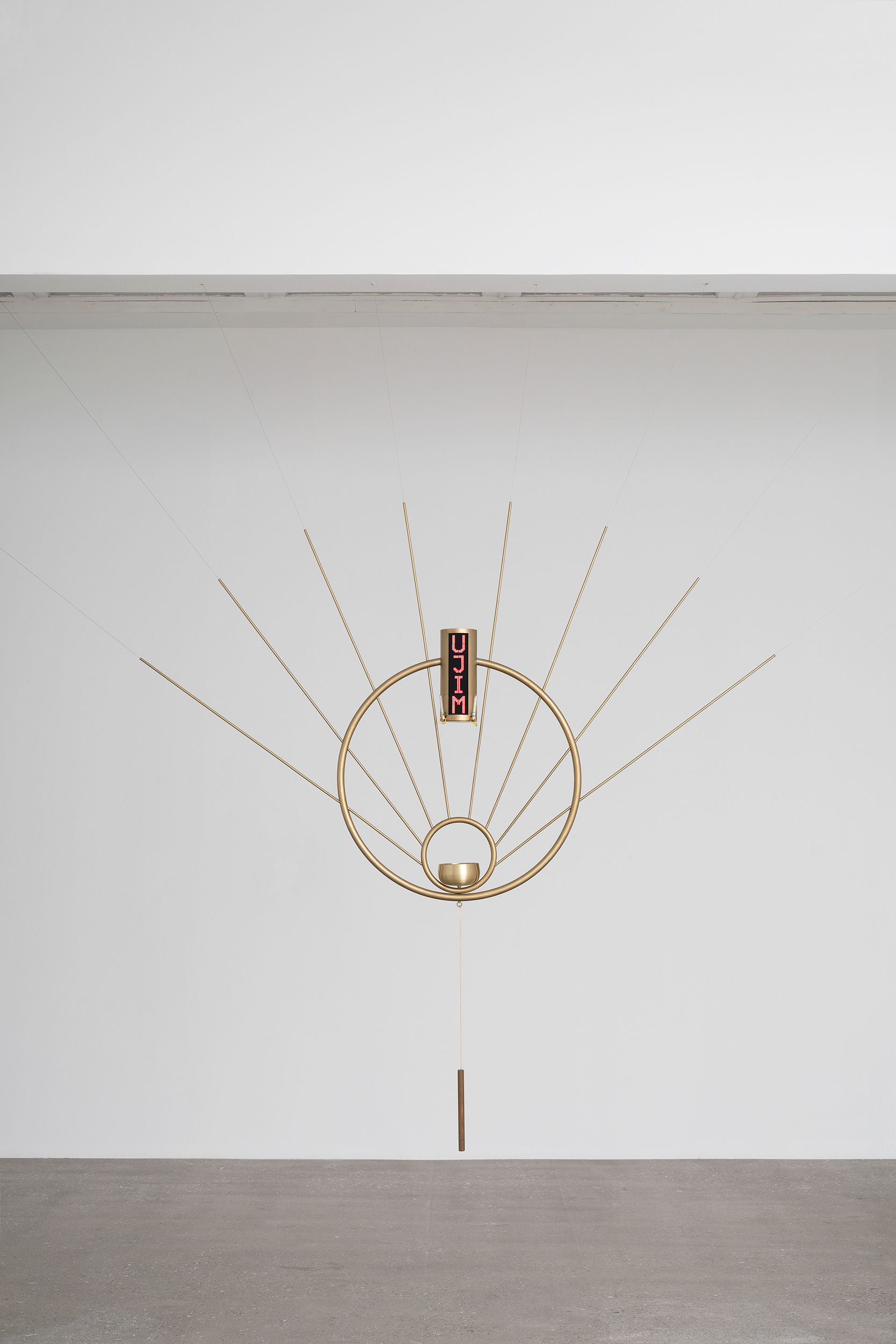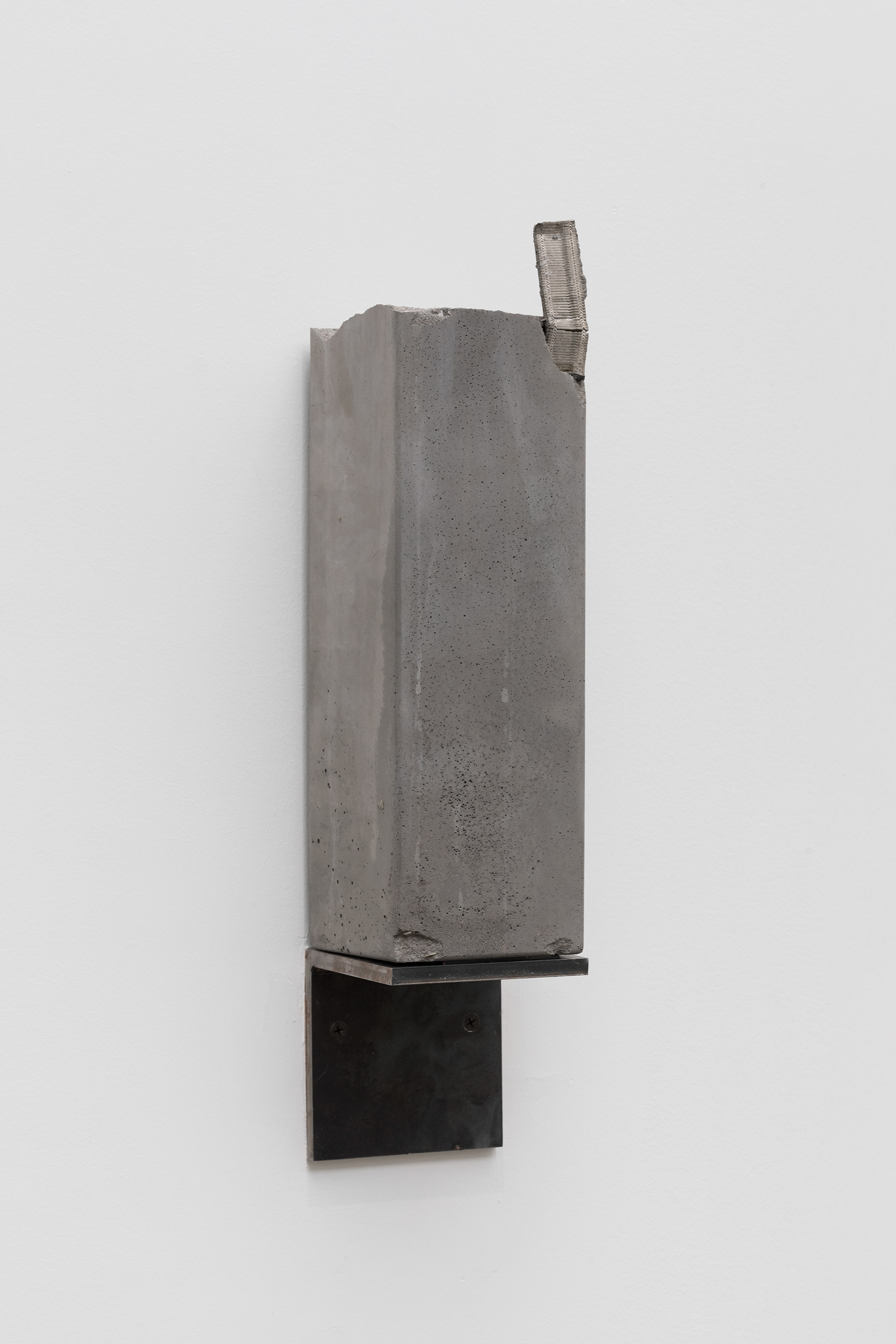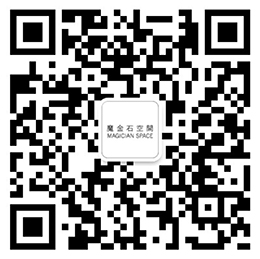Guo Cheng: Almost Unmeant
This post is also available in:
 简体中文 (Chinese (Simplified))
简体中文 (Chinese (Simplified))  English
English
The exhibition Almost Unmeant comprises of artist Guo Zheng’s most representative works from recent years and the latest. Among his sculptures and installations, the technology always plays the role of basic principle. More precisely, it’s a deduction of the program or rules. In this process, the logic behind the technology has been mostly simplified. The overlap between human intervention and the material life manifests in an austere way. This makes science no longer an abstract principle, but a perceptible reality. By exposing the nature of the technical tenets, materiality, and natural relationships’ essence to the viewer, Guo Cheng highlights the skepticism on technological determinism and its values.more
This post is also available in:
 简体中文 (Chinese (Simplified))
简体中文 (Chinese (Simplified))  English
English
Artificiality and nature are often opposed to each other, which is an anthropocentric way of viewing the subject. In Guo Cheng’s practice, nature manifests in materialized, metaphorical, and falsified manners. It is impossible to clearly define what is human and what is not, and what it offers is an attempt to look beyond the Anthropocene. The series of concrete-encased industrial parts, which Guo Cheng entitled, Amber, is not the natural creations of amber or fossils, but clearly, made by the artist. The two ways in which new things come into being are semantically and methodologically intertwined with the word ‘amber’, which points to how we should consider fortuity. Regardless of whether the concrete is emitting heat from within or waiting for time to disintegrate and erode, the human agency has long been inseparable from the creation of the natural world from a holistic point of view. In The (temporary) Gadget series and The Abstract Oracle Generator, radiating particles’ impact causes the actions of apparatus. These particles floating in the atmosphere envelop the planet at all times, imperceptible and unpredictable, at the same time, whose existence is often ignored. What it conveys is a paradox between fortuity and necessity.
In his practice, Guo Cheng transforms the randomness of things into an actual material spontaneity. Through fundamental laws and technical setups, he connects the human will to objects’ properties, ceding agency to the material itself and the viewer in the process. He either preserves artificial traces in the form of natural objects or falsifies nature by technical means. What is implicit here is the question of what governs truth and falsehood, and how do we define the artificial and the natural. It is a subjective interrogation of how we perceive the material life. Only when human manipulation, the nature of things, and nature’s laws are no longer distinct can we achieve a transversal, de-anthropocentric view.
lessNews
Guo Cheng is awarded the Honorary Mentions of Prix Ars Electronica 2020 and Nomination of STARTS Prize
News
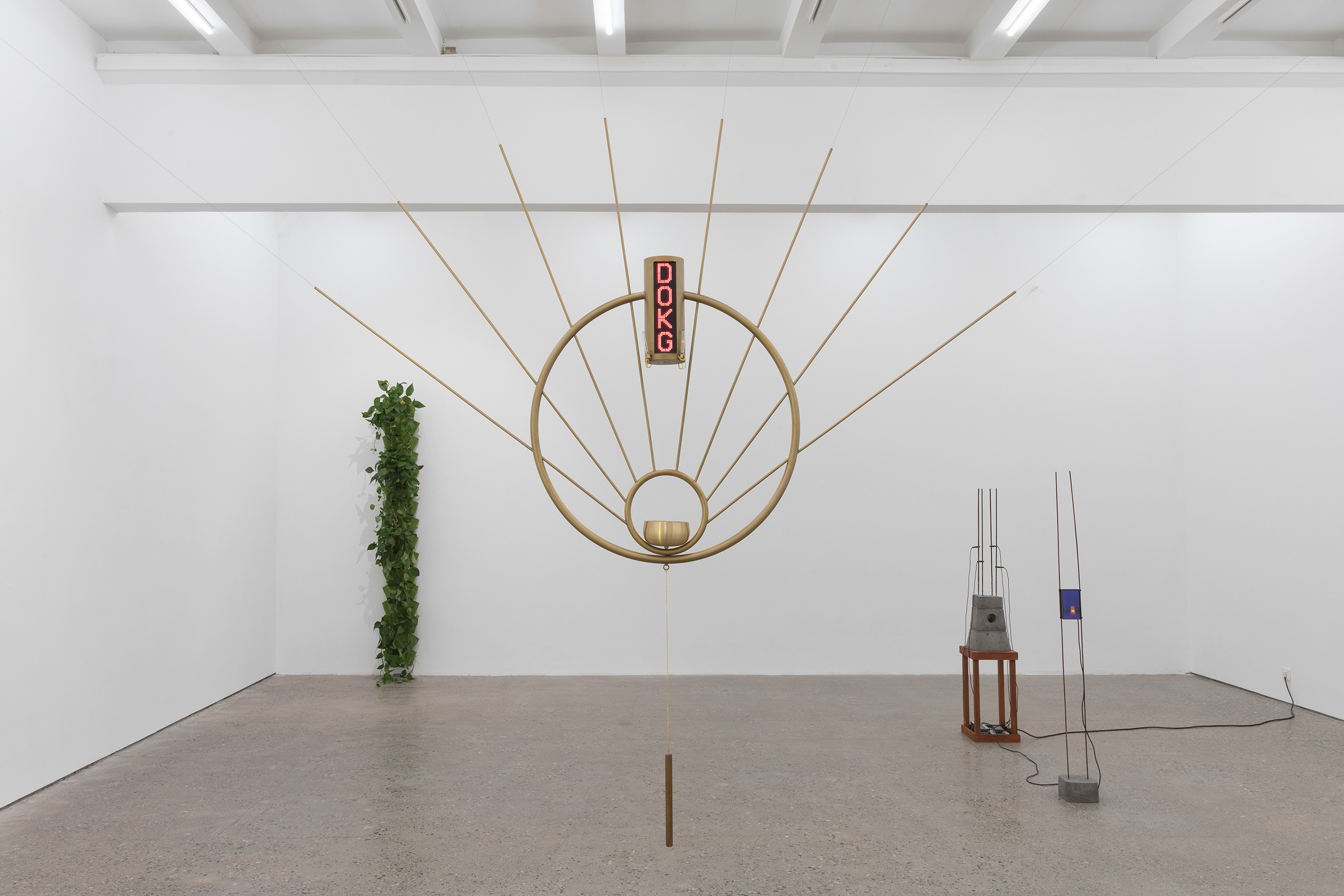
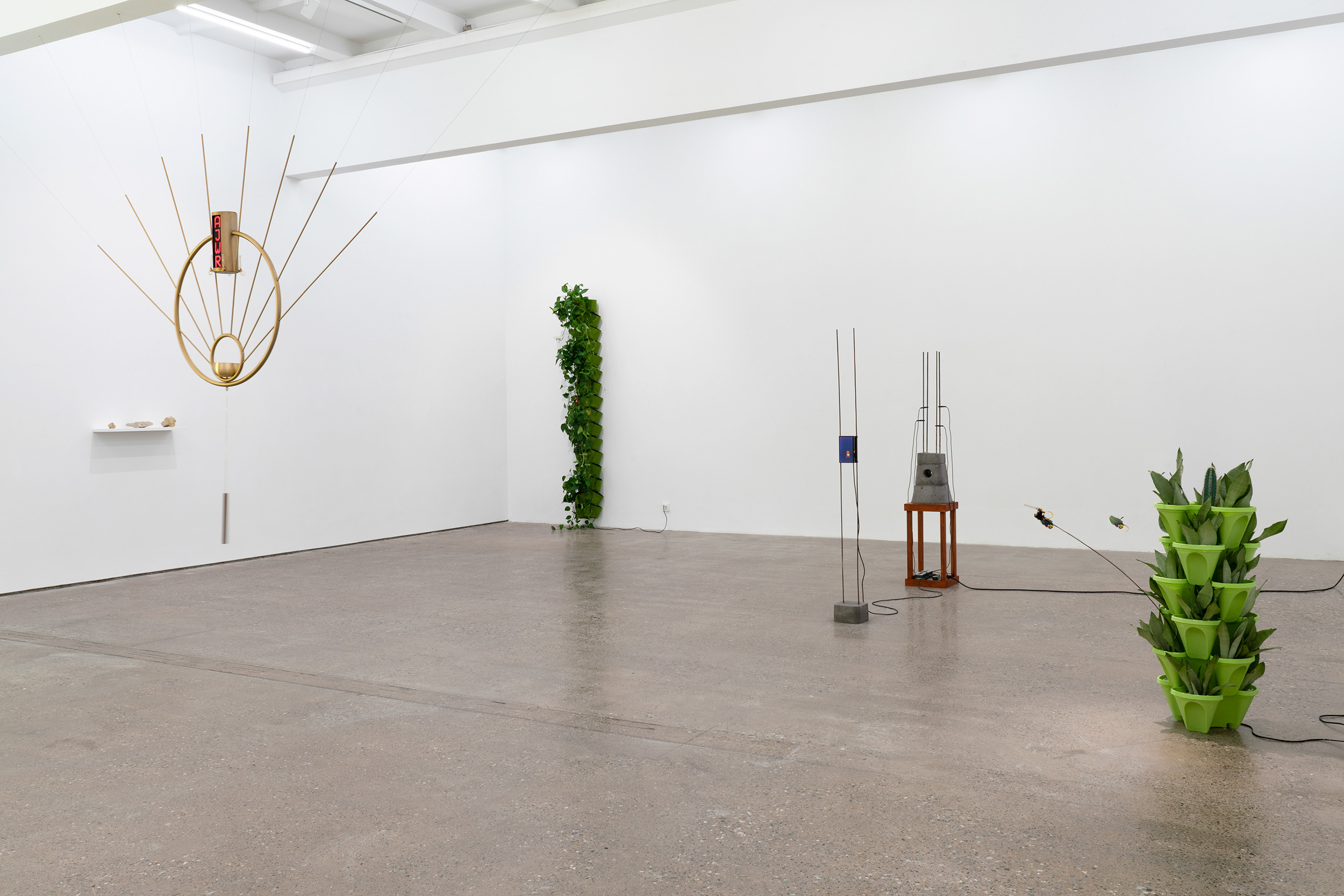

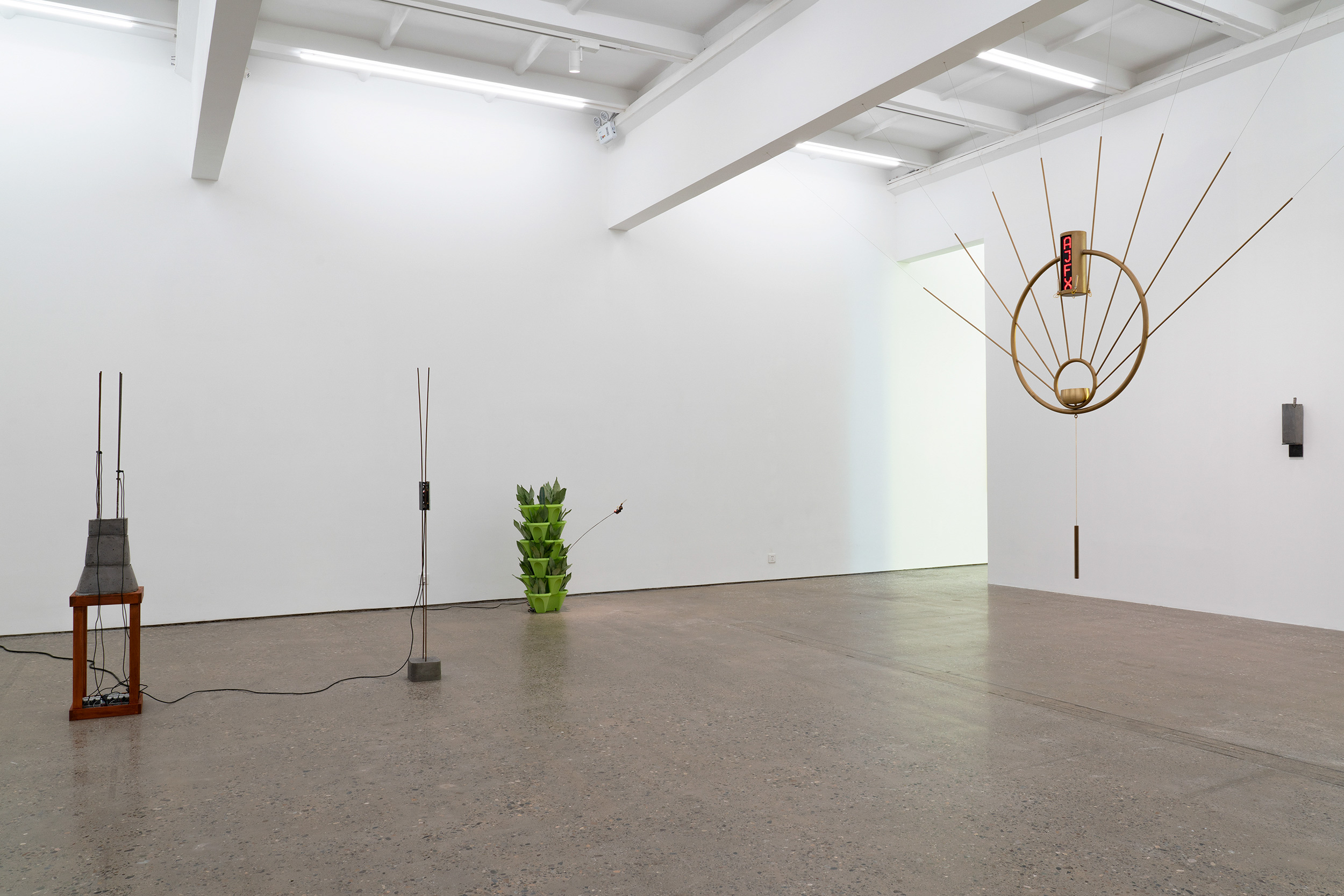
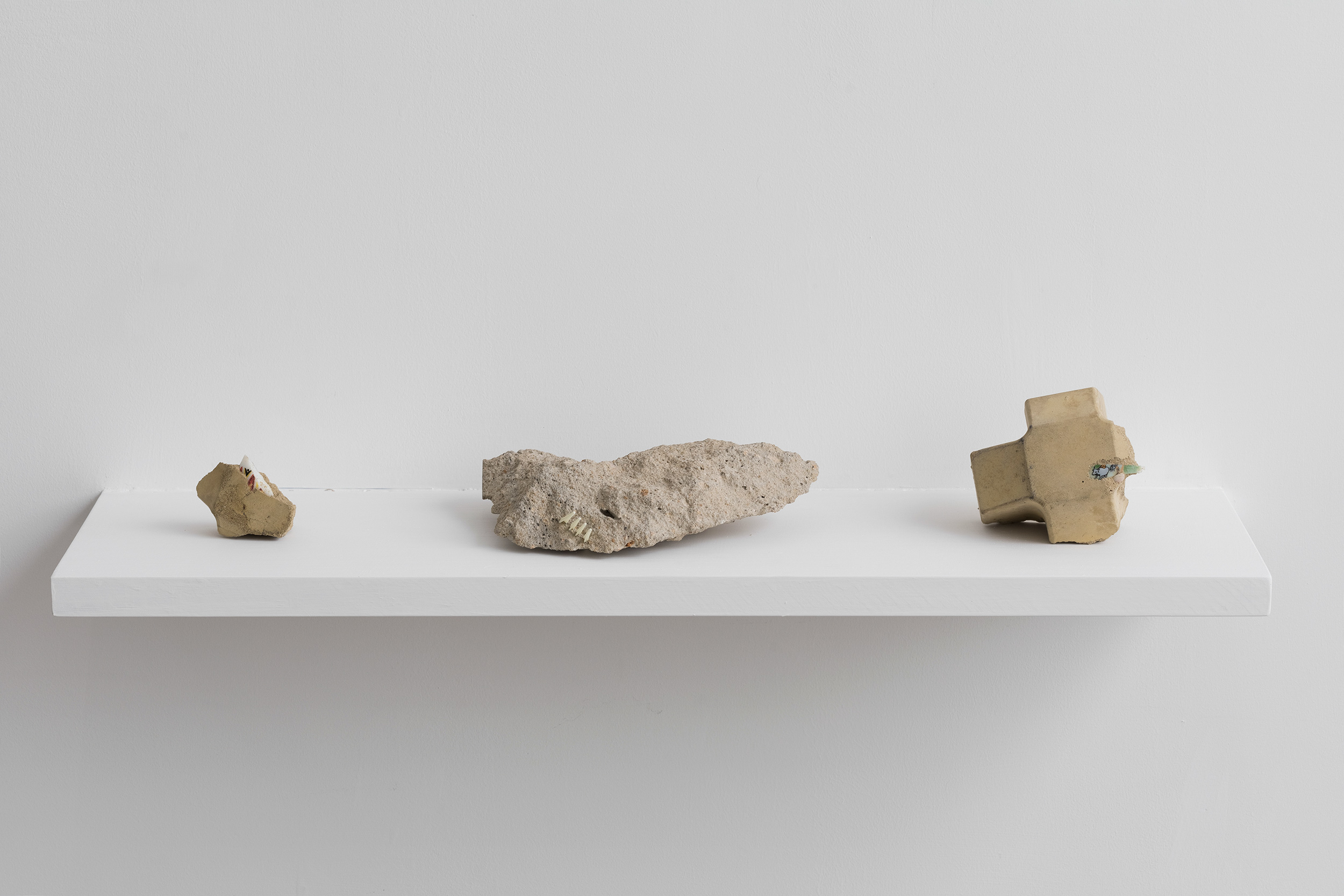
小器具系列-No.6_The-temporary-Gadget-No.6.jpg)
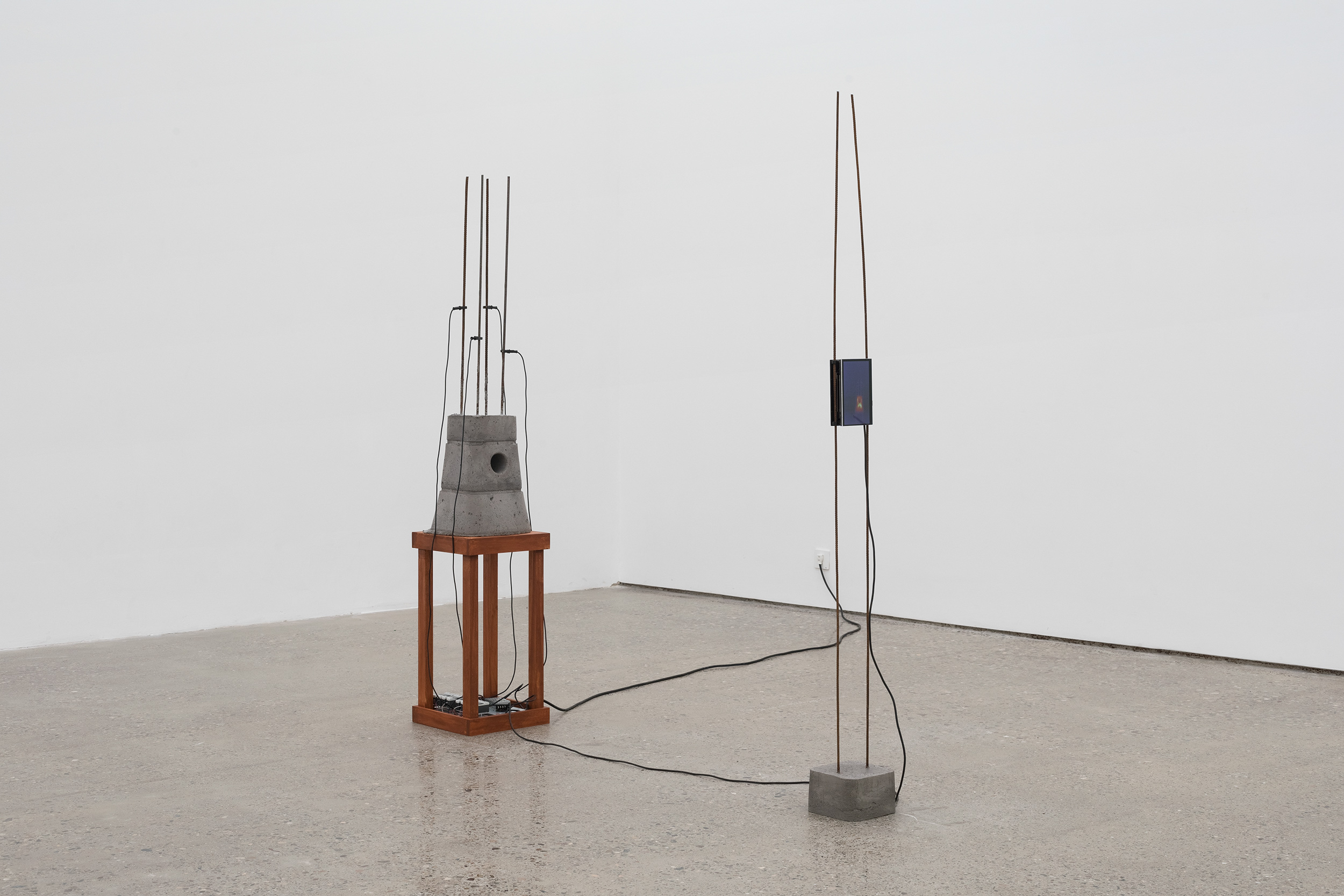
小器具系列-No.5_The-temporary-Gadget-No.5.jpg)

